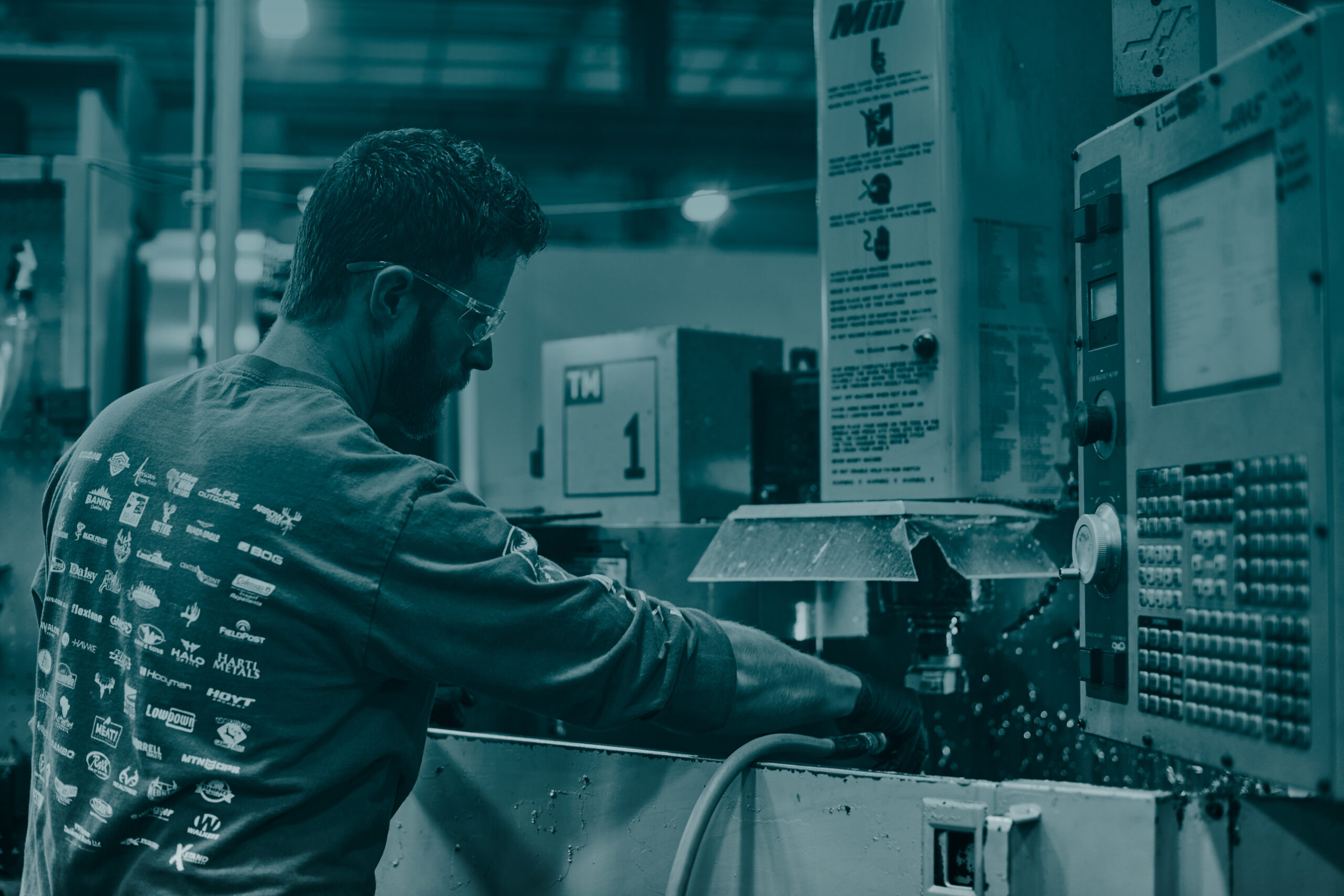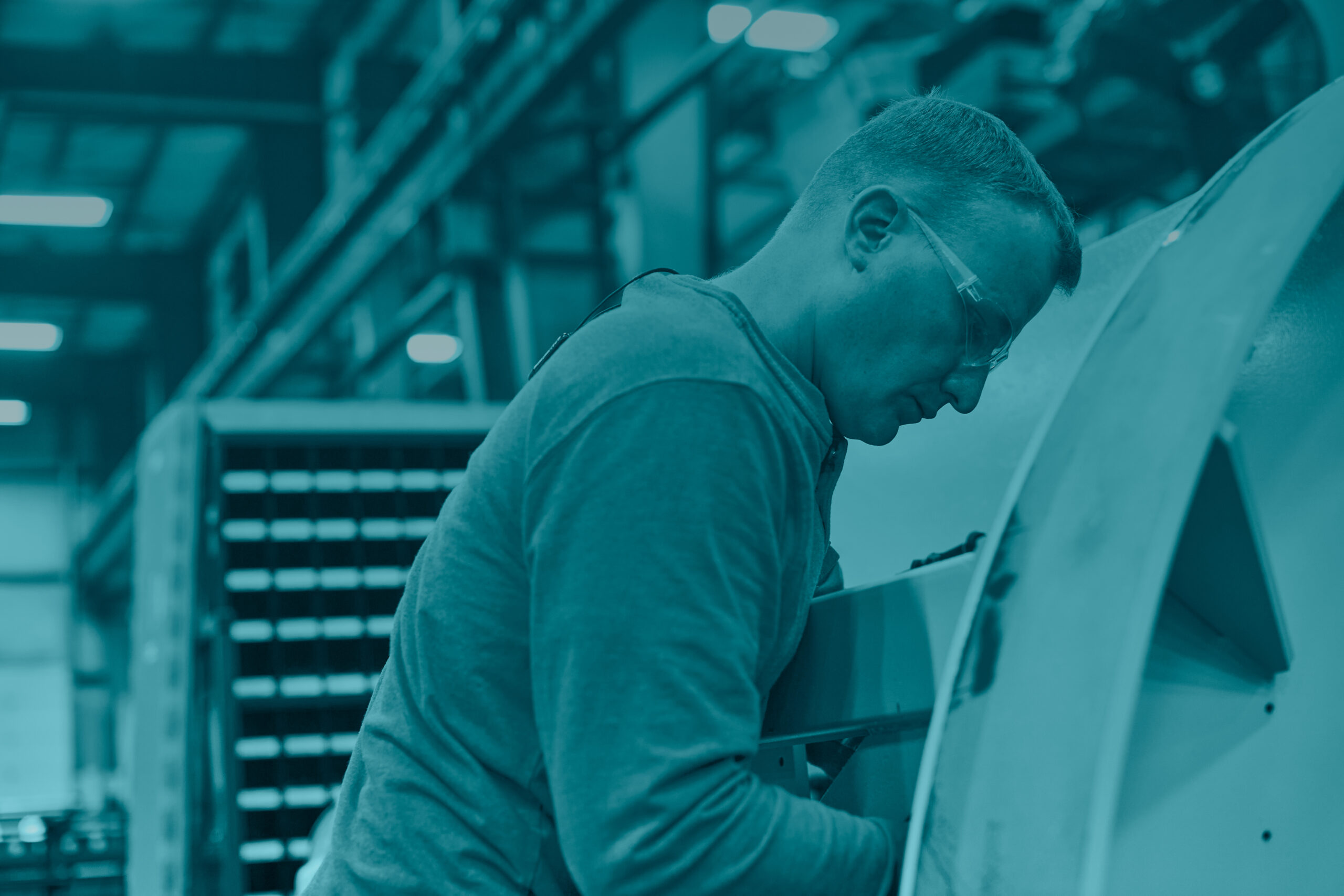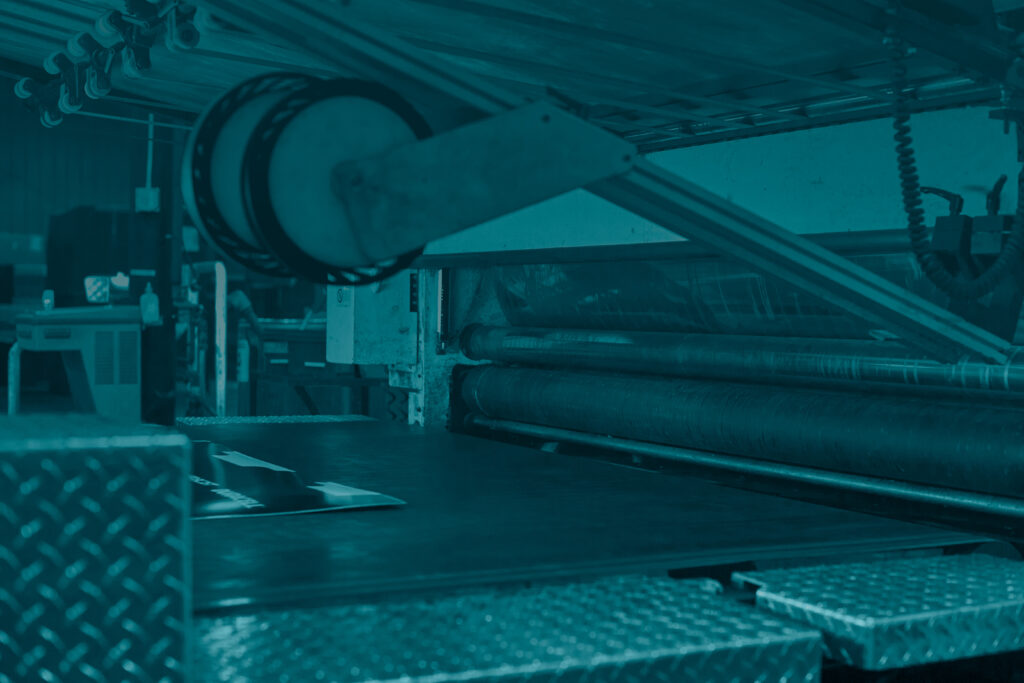Advantages of Litho Labeling and Why It’s Still Relevant
In the dynamic landscape of packaging, litho labeling continues to stand out as a reliable and advantageous choice for high quality labeling requirements in corrugated production, and one of the top solutions at Inspire Automation.
Its enduring relevance can be attributed to the numerous benefits it offers in terms of print quality, versatility, and cost-effectiveness.
Litho labeling, short for lithographic printing, excels in producing high-resolution images and intricate designs with unparalleled detail. We at Inspire Automation favor this method, as it is particularly adept at capturing vibrant colors and maintaining consistency across large production runs, making it ideal for brand-conscious industries.
Furthermore, litho labeling accommodates a diverse range of materials, from paper to various films, enhancing its adaptability for different product packaging needs. As businesses seek sustainable and cost-efficient solutions, litho labeling remains a steadfast choice, proving that traditional methods can still deliver unmatched advantages in the modern era.
Automatan Litho-Label Laminating Solutions
Automatan, a part of Inspire Automation, has been a leader in development and supply of litho-label laminator application solutions for over twenty years. Our machines utilize two application methods—direct glue and electrostatic—that are capable of high-volume applications up to 6000 bph.
The Automatan portfolio has evolved over time and now includes the 8166 (mat glue label application), the Model EM (entry-level electrostatic label application), and the A+ (high-volume electrostatic application). Each model has automated board and label feeders and can handle single sheets, folded boxes, and die-cuts. They also have automated stackers for material handling after label application.
As technology continued to advance, litho labeling evolved to meet the changing needs of businesses. The introduction of modern presses, computer-to-plate technologies, and improvements in ink formulations further refined the lithographic process. Today, litho labeling stands as a testament to the enduring advantages of traditional printing, offering a blend of craftsmanship and technological innovation that continues to make it a preferred choice for many industries. Its rich history and adaptability underscore why litho labeling remains a relevant and reliable option in the ever-evolving world of packaging and branding.
What Are Some Advantages for Using Litho Labeling?
Litho labeling offers several advantages that contribute to its enduring popularity in the printing and packaging industry.
Litho labeling is renowned for its exceptional print quality, capable of reproducing intricate details, vibrant colors, and smooth gradients. The process allows for a fine level of control, resulting in sharp and visually appealing labels.
It can be applied to a wide range of substrates, including paper, cardboard, films, and metal. This versatility makes it suitable for diverse packaging applications, allowing businesses to choose the material that best aligns with their product requirements.
The offset printing method used in litho labeling ensures consistent print quality throughout large production runs. This is particularly important for brands that require uniformity in their packaging, maintaining a cohesive and professional appearance across various product batches.
Color Accuracy and Cost-Efficiency
Litho labeling excels in color accuracy, ensuring that the intended colors in the design are faithfully reproduced on the final label. This is crucial for maintaining brand identity and meeting the visual expectations of consumers.
While initial setup costs may be higher compared to some digital printing methods, this is a very cost-effective label printing option, especially for large production quantities. The efficiency of the offset printing process and the ability to print multiple copies simultaneously contributes to its economic viability for bulk printing.
Durable, Flashy, and Fitting for Upscale Needs
Litho labels are known for their durability and resistance to environmental factors. The printed images withstand handling, shipping, and exposure to various conditions, ensuring that the labels maintain their integrity throughout the product life cycle.
It allows for the application of various special finishes and effects, such as embossing, debossing, and spot varnishing. These enhancements can add a tactile and premium feel to the labels, making the product stand out on the shelf.
Litho labeling is often chosen for high-end products and premium packaging due to its ability to convey a sense of quality and sophistication. The process is well-suited for industries where the visual appeal of the label is a crucial aspect of the overall brand image.
Common Applications for Litho Labeling
Litho labeling finds widespread application across various industries and media types, owing to its versatility and ability to meet specific printing requirements. In the consumer goods sector, particularly in the food and beverage industry, litho labeling is commonly utilized for packaging that demands high-quality and visually appealing labels. The method’s capacity to reproduce intricate designs and vibrant colors makes it ideal for showcasing:
- Product information
- Branding elements
- Regulatory details
In the cosmetics and personal care industry, litho labeling is favored for its capability to enhance the aesthetic appeal of beauty and skincare products. The process allows for the incorporation of intricate patterns, metallic finishes, and embossed textures, contributing to a premium and luxurious presentation that resonates with consumers in this visually driven market.
Litho labeling is also extensively applied in the pharmaceutical sector, where precision and clarity in label printing are critical. Medication packaging requires labels that not only convey dosage instructions and safety information accurately but also comply with stringent regulatory standards. Litho labeling’s ability to produce high-resolution, durable, and legible labels ensures that pharmaceutical products meet these exacting requirements.
Beyond consumer goods, litho labeling is prevalent in many other sectors. The method is chosen for its capacity to depict intricate label designs, gradients, and fine details that are characteristic of premium and upscale brands in any industry. The printing technology advantages of litho labels can help improve consumer experiences and brands’ reputations.
How Does it Compare to Other Labeling Methods?
Litho labeling distinguishes itself from other labeling methods through a combination of print quality, versatility, and cost-effectiveness. One of its primary advantages lies in the exceptional print quality it achieves. Litho labels boast sharp details, vibrant colors, and smooth gradients, setting them apart in terms of visual appeal. This superiority is particularly evident when compared to flexographic printing, where achieving similar levels of detail can be challenging.
Versatility is another key strength of litho labeling. Unlike digital printing, lithography can be applied to a broad spectrum of substrates, including paper, cardboard, films, and metal. This adaptability makes litho labeling suitable for a wide range of products and industries, offering flexibility that other methods may lack. In contrast, some digital printing technologies may have limitations on the types of materials they can effectively print on.
While litho labeling may have higher setup costs compared to digital printing, it becomes cost-effective for large production runs. The offset printing process allows for efficient and simultaneous printing of multiple copies, making it economically viable when producing labels in bulk. This cost-effective label printing method triumphs over options like screen printing, which may incur higher expenses for certain applications.
Additionally, litho labeling excels in achieving precise color accuracy and consistency, making it a preferred choice for industries where maintaining brand identity is paramount. In comparison, thermal transfer printing or direct-to-garment printing may face challenges in reproducing intricate color details with the same level of precision.
What Does the Future Hold?
The future of litho labeling appears promising as the industry continues to evolve and integrate new technologies. One significant trend is the convergence of traditional lithography with digital advancements. The emergence of computer-to-plate (CTP) technologies has streamlined the prepress workflow, enhancing the precision and efficiency of litho labeling. This convergence allows for quicker turnaround times, increased customization, and improved cost-effectiveness, positioning litho labeling as a competitive choice in the modern printing landscape.
Furthermore, sustainability concerns are driving innovation in litho labeling. The development of eco-friendly inks and substrates aligns with the growing demand for environmentally responsible packaging solutions. As consumers prioritize sustainability, litho labeling is adapting to meet these expectations, fostering its relevance in the marketplace.
Additionally, the integration of smart packaging technologies is likely to impact the future of litho labeling. Incorporating modern technologies can enhance traditional printing advantages even more. Some of these technologies include:
- QR codes
- RFID tags
- Augmented reality
- Automation solutions
These and other technologies support litho labels across countless industries. This fusion of traditional print with digital functionality adds a new dimension to litho labeling, making it an integral part of the evolving concept of intelligent and connected packaging.
In summary, the future of litho labeling is characterized by a harmonious blend of tradition and innovation. The convergence of lithography with digital technologies, a commitment to sustainability, and the integration of smart packaging features positions litho labeling as a versatile and forward-looking solution in the dynamic world of label printing and packaging. Even with the constant emergence of new digital print technologies, the advantages of litho labels allow them to remain a major part of most printers’ product portfolios looking forward.
Inspire Automation’s Litho Labeling Can Support Your Business
In conclusion, adopting litho labeling can significantly benefit a business by providing a superior and visually striking solution for product packaging. The exceptional print quality and versatility of lithography allow for the creation of labels that not only convey information but also enhance brand identity. The ability to reproduce intricate details and vibrant colors ensures that products stand out on the shelves, attracting consumer attention and instilling a sense of quality.
Furthermore, litho labeling’s cost-effectiveness in large production runs contributes to overall operational efficiency. As the industry continues to innovate, the convergence of traditional lithography with digital technologies and a growing emphasis on sustainability positions litho labeling as a forward-looking choice. Embracing litho labeling equips businesses with a powerful tool to not only meet current market demands but also to stay adaptable and competitive in the dynamic landscape of packaging and branding.
If you’re looking for a litho labeling expert that can help empower your organization through quality services and professional support, contact Inspire Automation today. Reap the printing technology advantages of lithography today, and enjoy a partnership with a technology expert dedicated to your satisfaction and success.
More from the Blog

Reducing Waste and Improving Sustainability with Conveyor Automation
Learn how Inspire Automation's advanced conveyor systems promote sustainability through energy efficiency and waste minimization in manufacturing.
Read Full Article
Troubleshooting Common Conveyor Problems
Discover crucial conveyor maintenance tips, common problems, safety protocols, and preventive maintenance programs to enhance efficiency and safety in your facility.
Read Full Article